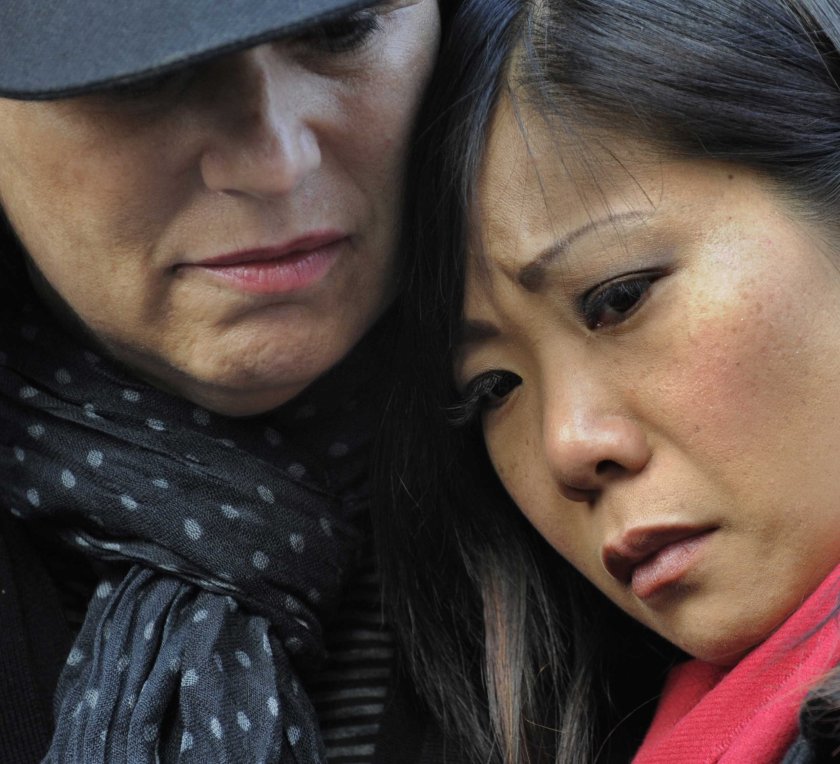
Sandra Lee, 38, was a staff sergeant in the Army who deployed to Baghdad, Iraq. She performs in theater, and next year, she will be a lead in a new off-Broadway musical.
When I got home from serving in Baghdad, I didn’t consider myself a veteran. My idea of a veteran was the old guy with the hat that says “USS whatever,” probably from Vietnam or World War II.
My primary job in the Army was to rebuild schools in western Baghdad. But I definitely bore scars from my service.

[time-brightcove not-tgx=”true”]
During my deployment, I survived four different roadside bombings, and the concussion that came with them. Then, almost two months before we were slated to come home, a fellow soldier came into my room the middle of the night and raped me. He was someone I knew, someone that I trusted. And I just let him into my room.
That was the first time. The second time, I just remember feeling so stupid, like I should have known better than to let him in again. But he had someone with him, and he made it seem like he needed to talk to me about work, something important.
After that, and after the bombings and the headaches, I just shut down. I didn’t feel anything. When I got back home to the States, I was constantly angry and depressed. I couldn’t eat. I couldn’t sleep. I was rapidly losing weight. I just remember staring at the wall in my office, staring at the door, zoning out. I thought, maybe I need a fresh start. I wound up getting a couple.
I moved to Hawaii, met some female Army officers who recognized my symptoms of PTSD, and eventually entered into a PTSD treatment program in California. When I got out, I moved to New York City to try professional acting, because it had been one of my life-long passions—though the combination of living in New York City and having PTSD didn’t co-exist very well. Now I live in Manchester, Connecticut, in a house built for me by Purple Heart Homes.
But my struggles are still very real. I have headaches, and sometimes it’s tough to leave my house. And—I haven’t told this to anybody—I don’t really enjoy having sex anymore. Once it starts, I just want it to be over with. That could be because of what happened in Baghdad, or it could be because of the medication I’m on. All I know is my desire for it has gone out the window.
I have moments where I feel happiness, though. Little things like eating a hot lobster roll. It’s delicious and I love it. And doing musical theater. I’m actually in rehearsals for South Pacific right now. It’s like breathing for me. It gives me a chance to express those emotions that I don’t like to talk about.
When I was performing a monologue about my deployment for The Telling Project in New York City, there was a point in the script where I briefly touched on the rape. I sung part of a song called “A New Life.” When I cried in it, those were real tears. I was breaking my own heart.
But I was also giving myself some much-needed therapy. That’s the beauty of doing theater—I feel like it makes me stronger and better.
—as told to Olivia B. Waxman